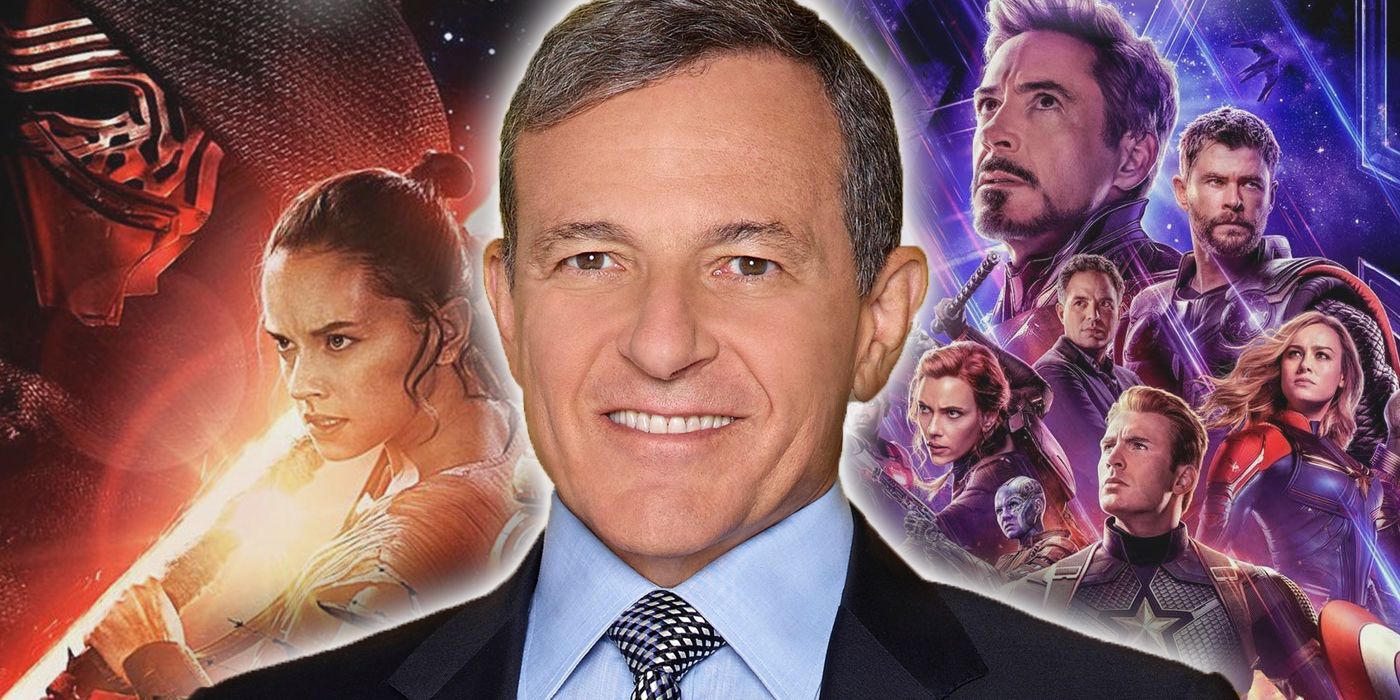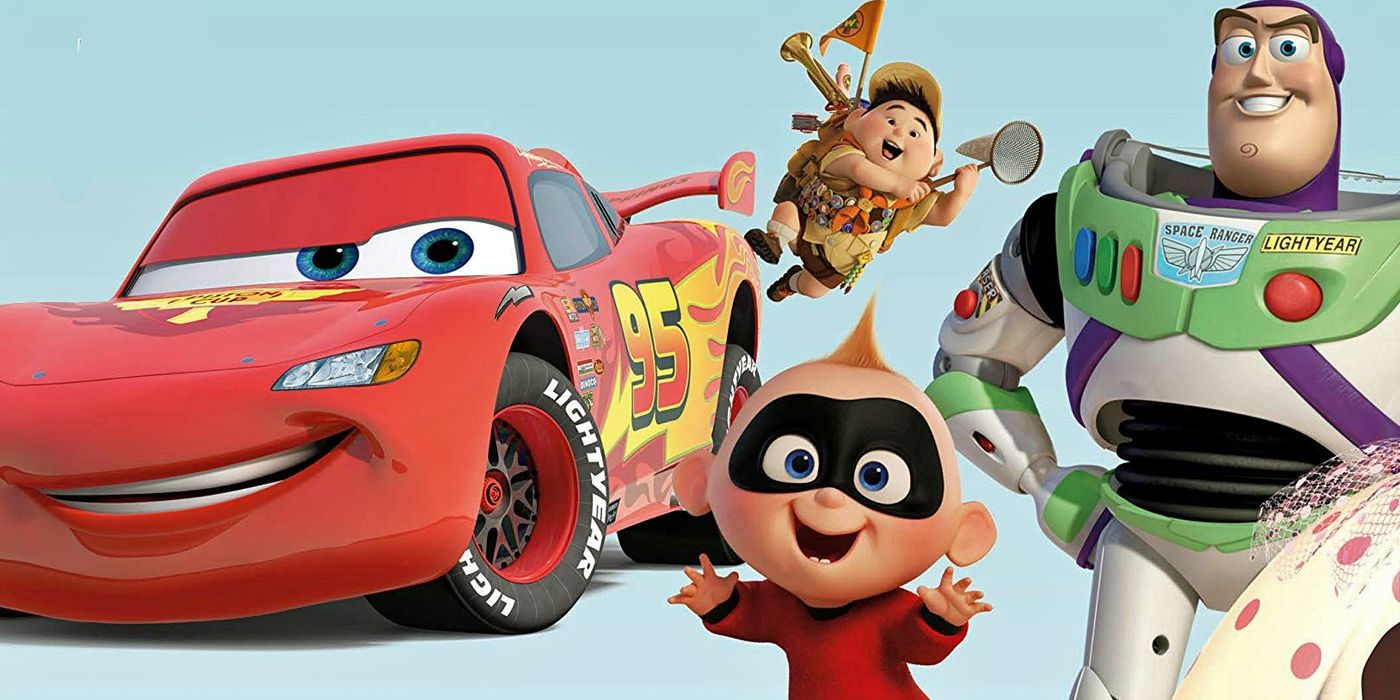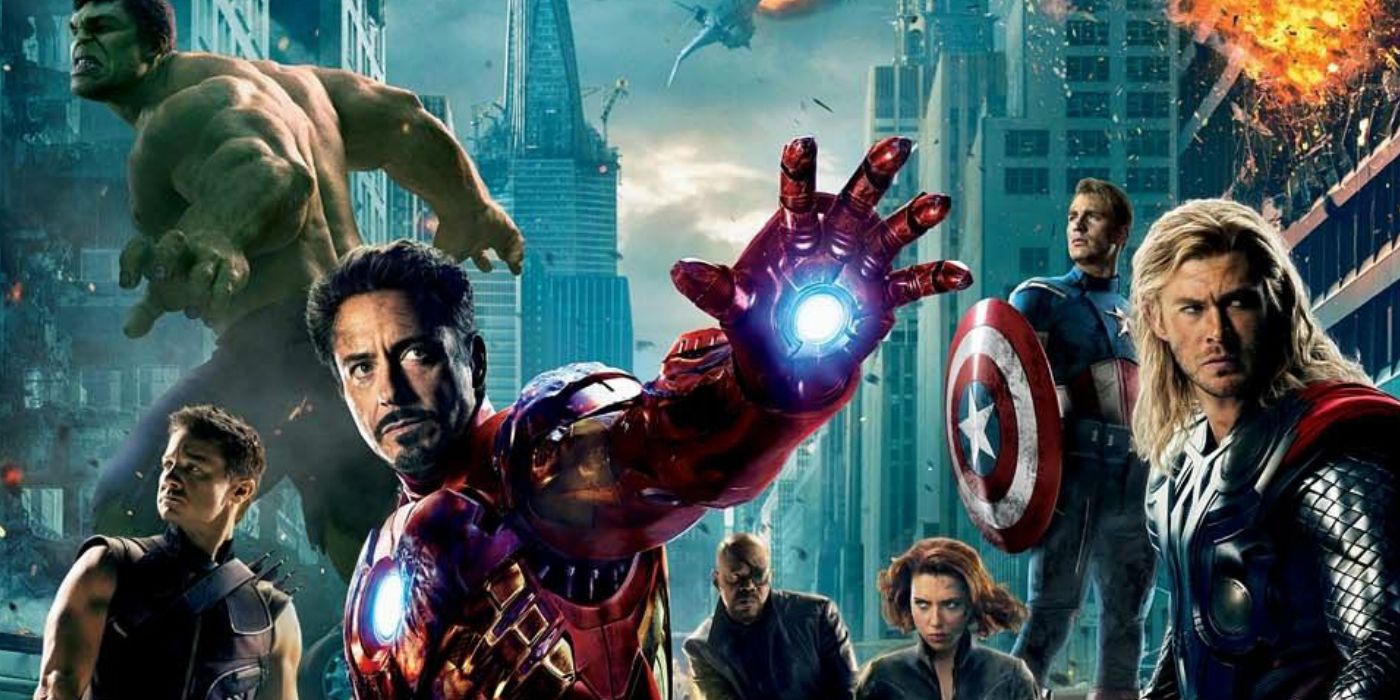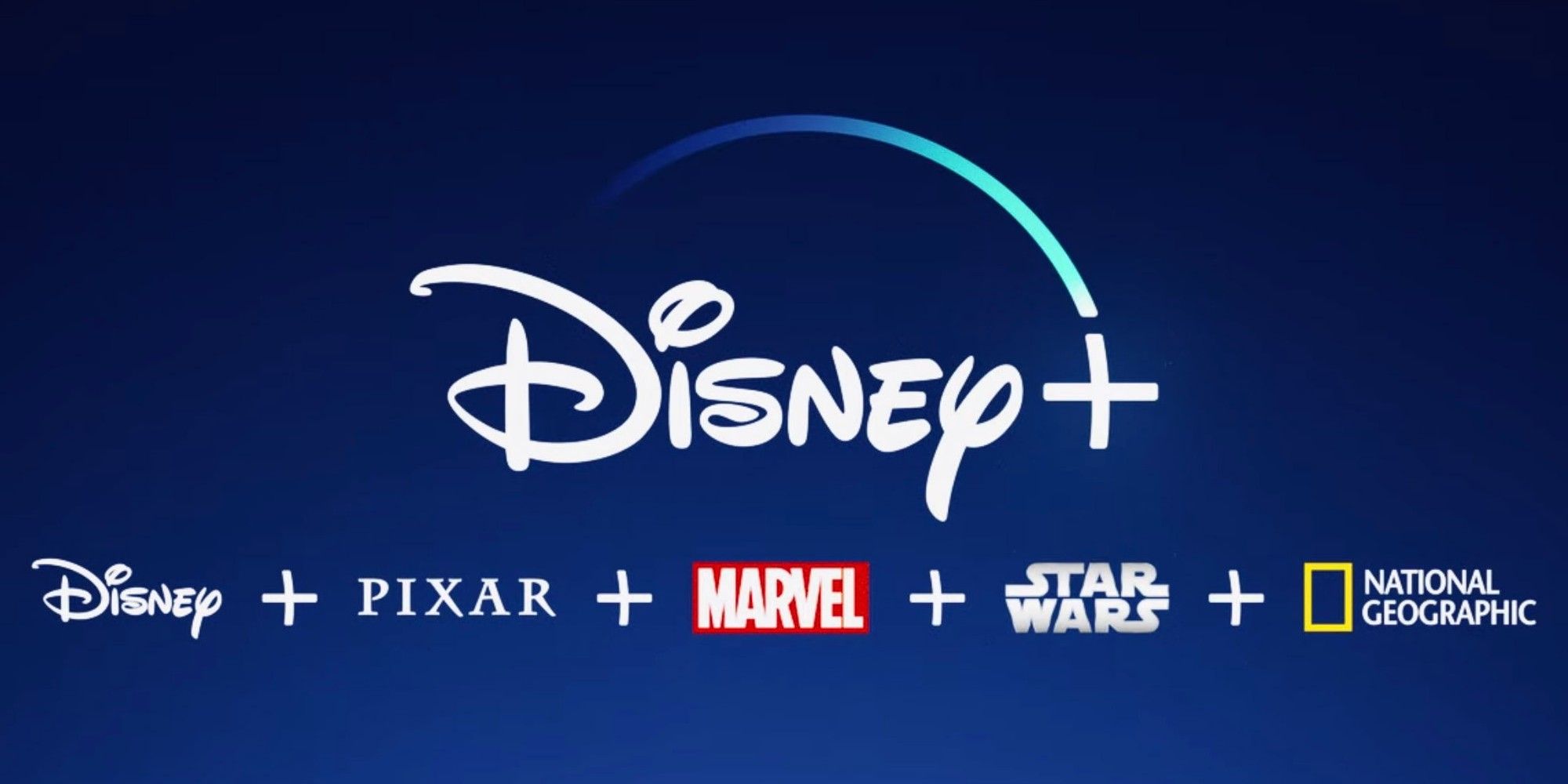Yesterday, the Walt Disney Company announced that Bob Iger has stepped down as Disney CEO and would be replaced by veteran executive Bob Chapek -- effective immediately. Iger’s departure marks the true end of an era of unprecedented success for Disney that saw the company cement itself as the most dominant force in pop culture.
Iger took over at a time of uncertainty for Disney in 2005. His predecessor, Michael Eisner, had a tumultuous time as CEO in which he was largely criticized for the decay of the Disney brand. Eisner was ousted from the company by shareholders, leaving Iger in charge of a studio that was fading from prominence, a parks department that was losing profitability and animation business that was repeatedly outdone by Pixar.
For any incoming leadership, this would've been was a lot to take on at once. A typical executive might have crumbled under the pressure, but Iger -- who had graduated from Ithaca College with a degree in Television & Radio -- was not just any typical executive.
Iger began working for ABC long before it was acquired by Disney and worked his way to the top of the company. After the merger that brought ABC into the Disney conglomerate, Iger continued to rise through Disney, which ultimately made him Eisner's second-in-command and heir apparent.
Immediately after taking the job, Iger was faced with the pressing issues issue of the failing animation division and the parks department’s loss of revenue.
As the old adage goes, if you can’t beat them, join them. That was perhaps the reasoning behind Iger’s first major decision as CEO: the acquisition of Pixar. In doing so, Iger wasn’t just getting a studio, he was acquiring more intellectual property that added to the Disney brand in a move that set a tone for his corporate strategy.
Under Eisner, new Disney parks were cheaply built and less immersive than those that Disney fans had previously fallen in love with. Disneyland Paris and Disney’s California Adventure were both relative disappointments, and Iger was adamant that they needed to be fixed. He poured millions of dollars annually into making the parks more entertaining and brand-friendly, and that plan worked. Over the past decade, the parks department has been steadily growing in revenue and now operates at a multi-billion annual profit.
In 2009, Iger made perhaps the most ambitious acquisition of his career. At the price of $4 billion, Disney acquired Marvel Entertainment, and with it, the film rights to its characters. In the wake of Iron Man's surprise blockbuster success, that began The Avengers decade, in which Marvel's superheroes dominated the worldwide box office. Since this acquisition, the Marvel Cinematic Universe has netted the company $22.5 billion from ticket sales alone. When considering the associated merchandise, the Marvel brand has been one of the smartest investments in the company’s history.
With the success of the Marvel acquisition, Iger's vision was proved correct. Iger doubled down by purchasing Lucasfilm for $4 billion, bringing another powerful brand, Star Wars, into Disney’s grasp. Since then, the company has expanded the Star Wars universe and made it a signature attraction for Disneyland and Disney World resorts.
Still, Disney’s collection of newly acquired brands was about far more than just movies and theme park attractions. Iger had something bigger in mind, something that's set to change the future of Disney, if not the future of the entertainment industry. But to accomplish his grand scheme, the Disney brand needed to be even bigger.
Iger turned his attention to China, where an emerging middle class was changing the landscape of the global economy. If a Disney resort could succeed in mainland China, then the company would have a foothold in the largest film market in the world. Over several years of negotiation, Iger was finally able to do what no one else thought possible: He opened a resort in Shanghai. Disneyland Shanghai marked the only park of its kind in China and bolstered the Disney brand within a country several times the size of the United States.
As Iger’s grand plans were coming together, unexpected news from a rival company changed the trajectory of Disney’s future. Newscorp, the parent company of 20th Century Fox, announced that it was going to exit the film business. That kicked off a massive bidding war for the studio’s assets, which included several TV networks and brands such as The Simpsons, Avatar and the cinematic rights to key Marvel characters like the X-Men, Deadpool and the Fantastic Four. After successfully fending off a fierce effort from Comcast, Disney made a massive $71 billion dollar deal to buy its longtime rival Fox.
With the pieces in place, Disney capitalized on its impeccable portfolio with the streaming service Disney+, which is set to define the studio’s strategy in the new decade. With the service, Disney has a direct pipeline between their brands and their audience. With one subscription, audiences will have access to nearly the entire Disney library of content, thus solidifying their place at the forefront of the film and television industry. In many ways, Disney+ seems like the endgame of Iger’s carefully calculated strategy.
Having successfully overseen the launch of Disney+ and the absorption of Fox's assets, Iger has stepped aside from the CEO role, although he'll remain a part of Disney creative leadership until the end of 2021. Still, Iger's reign guided Disney to a new renaissance. As the media industry continues to thin out, Iger’s moves have been a part of a period of corporate consolidation that's ensured that Disney will be one of the last corporations standing in the shrinking corporate media landscape. Iger may have inherited a struggling Magic Kingdom, but he transformed Disney into a flourishing empire that looks ready to dominate for years to come.




